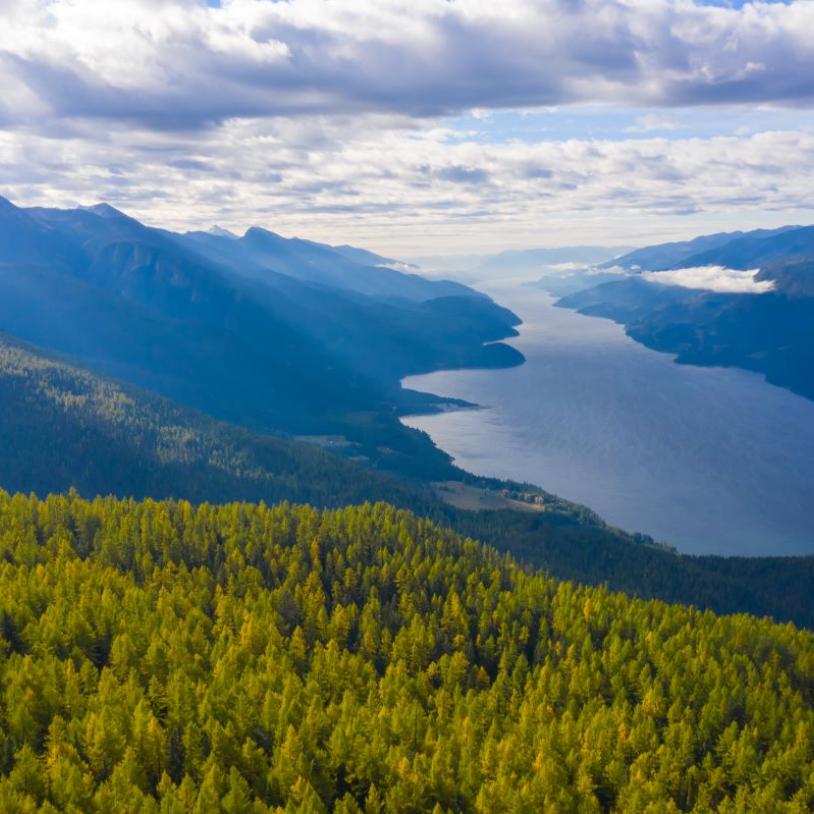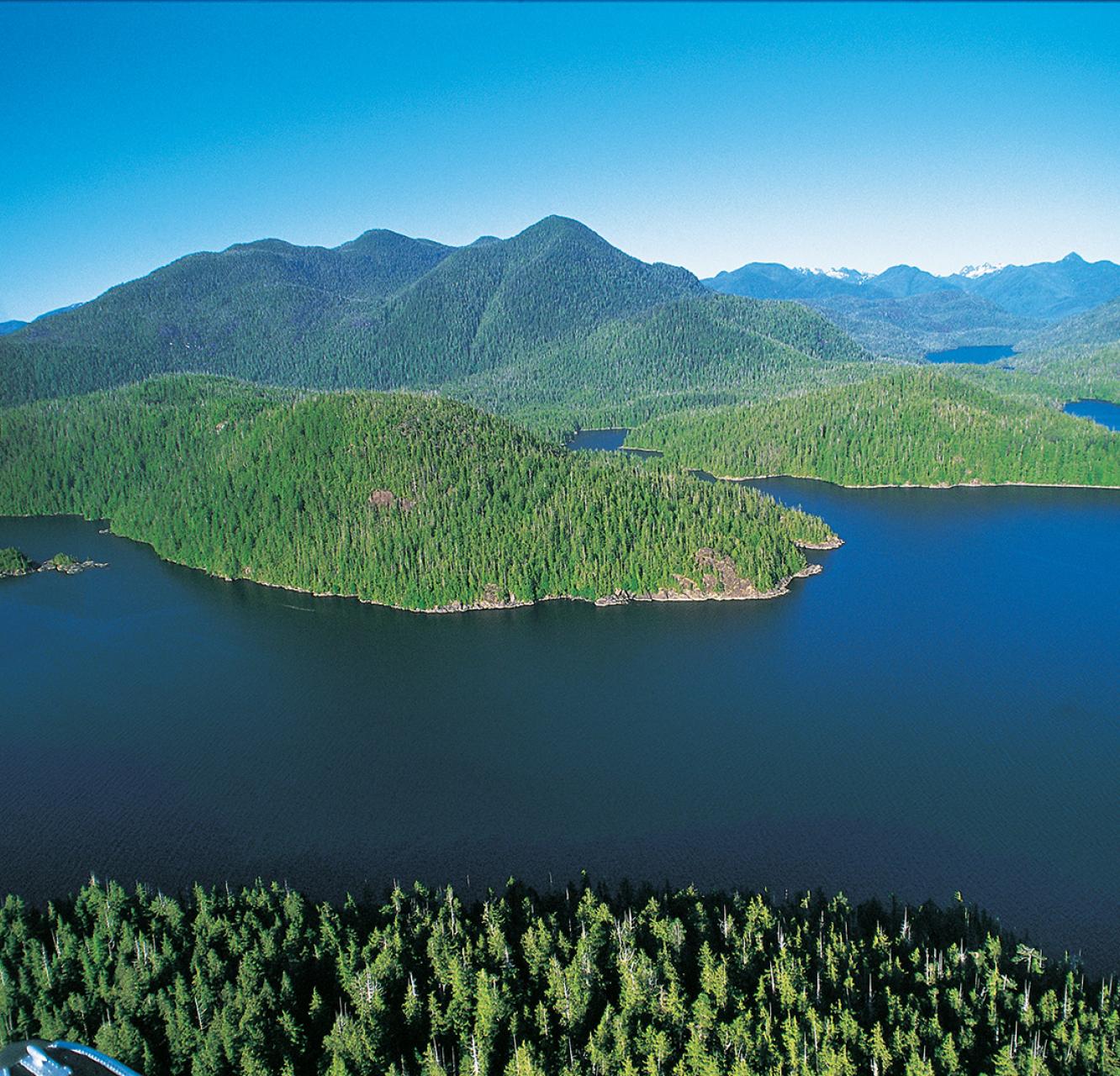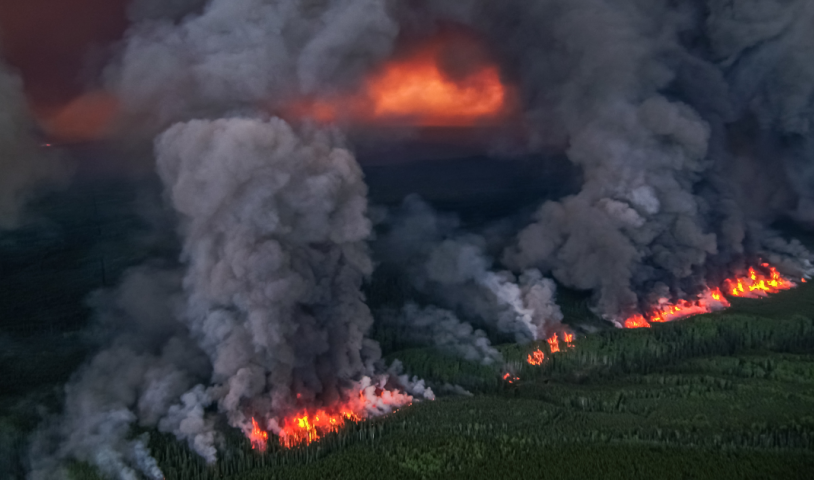Mining Skagit River headwaters invites disaster
Tuesday, June 4, 2019For the good of our shared region, the government of British Columbia must listen to the chorus rising against the mining of the Skagit River headwaters and stop it.
Too much is at stake to risk contaminating the Skagit’s waters if Imperial Metals is allowed to drill mile-deep mines. The development company’s proposal to exploit Canadian mining claims carved out of vast parklands and staked decades ago threatens Washington resources and the health of Puget Sound. The river, which provides 30 percent of freshwater flow into Puget Sound, is a uniquely powerful resource for our region.
All five species of salmon native to the Pacific Northwest, including the majority of Puget Sound’s chinook, grow in the Skagit, according to fisheries experts. The 11-square-mile tract at the river’s headwaters where Imperial Metals wishes to drill is believed rich in gold and copper. This juxtaposition carries the potential for ecological catastrophe.
Copper and other heavy-metal pollution in water can eviscerate salmon populations, even at low concentrations. The possible disastrous consequences of allowing Imperial Metals to proceed are not just theoretical. The company is just five years removed from a spill of billions of gallons of mining waste and process water into lakes and rivers elsewhere in British Columbia.
The Seattle Times’ Evan Bush reported that a host of leaders, from Seattle and Washington government and members of Congress to tribes, have voiced immediate opposition to the mining plan, and for good reason. After so much effort to restore salmon populations to feed humans and endangered orcas alike, renewed mining operations in the “donut hole” surrounded by E.C. Manning Provincial Park and Skagit Valley Provincial Park would create costly, perhaps irreparable damage.
Several government agencies must cooperate to end this threat and protect against future ones. Whether more members of Congress and Trump administration officials sign on or not, British Columbia Premier John Horgan and the province’s Ministry of Energy, Mines & Petroleum Resources must deny the request to drill. By doing so, Horgan will demonstrate that he learned from the debacle of temporarily allowing the Skagit watershed to be logged last year, which created the inroads for this mining request.
As a permanent solution, the internationally appointed Skagit Environment Commission must be empowered to purchase the mineral rights to the donut hole so this threat won’t emerge again. The tract should be absorbed into its surrounding parklands, ending an absurd geographical situation that poses a grave risk.
The Seattle Times editorial board members are editorial page editor Kate Riley, Frank A. Blethen, Brier Dudley, Mark Higgins, Derrick Nunnally and William K. Blethen (emeritus).





